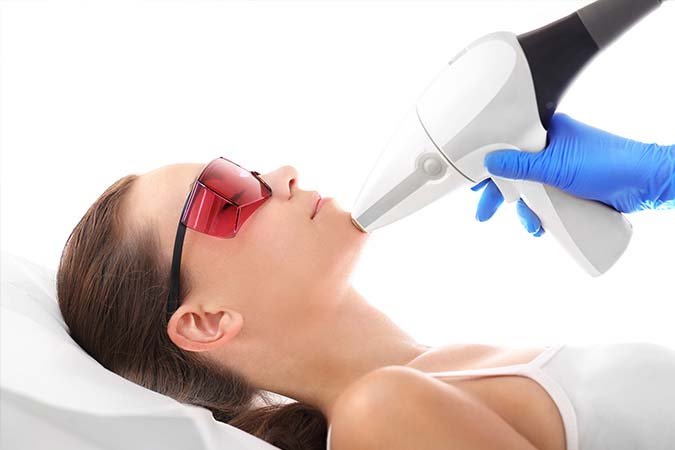Where The Issue Lies and How New York Plans to Remedy It
Laser hair removal is one of the most popular medical spa services in New York. It is currently unregulated. This means that anyone in New York can buy a laser, open up a shop, and start doing laser hair removal, including in their home. New regulations are being proposed that may change this.
New York Assembly Member Amy Paulin is proposing new regulations for laser hair removal that mandate state-approved training, examinations, and continuing certification by an accredited industry group. In addition, the regulations require salons to hold a minimum $1 million liability insurance policy.
New York’s Current Laser Hair Removal Policy
laser hair removal procedure uses a device that emits light energy to assist in removing unwanted hair, usually on the legs, underarms, face, or back. The FDA says laser hair removal effectively reduces the amount of hair by about 70%. The name “laser hair removal” is actually a misnomer, it should be more accurately called “laser hair reduction.”
Currently, in 44 states, the provider performing laser hair removal does not necessarily need a licence, but must be under the supervision of a doctor, nurse, or physician assistant. And in 5 states, laser hair removal is subject to some form of regulation. New York is the only state where licensing and training isn’t required to operate light-emitting devices, including laser hair removal.
Why State Officials Are Pushing For The Change
The reasoning behind the new legislation is to decrease the number of lawsuits filed against salons and spas and to protect the consumers. Because training and licensure have not been required or regulated, the patient has been at a greater risk for side effects. The assumption here is that the increase in these side effects is a result of the minimal training the providers are required to receive.
Because of the absence of regulation in New York, there is not a comprehensive list of bad outcomes, but there have been several. Allegations range from “sustained serious burns” to the more common “permanent scarring and discoloration.” Generally, the more training, certifications, and specific procedures a provider has, the better equipped she is to provide better outcomes and to defend against potential lawsuits.
Unsure Of How These Changes Might Affect Your Med Spa and How To Protect Yourself?
Lengea Law is happy to help! Get a free consultation now by clicking below


